Entry Category: Religion - Starting with S
St. Vincent Hot Springs
aka: St. Joseph's Mercy Health Center
aka: Mercy Hot Springs
aka: CHI St. Vincent Hot Springs
 St. Vincent Hot Springs
St. Vincent Hot Springs
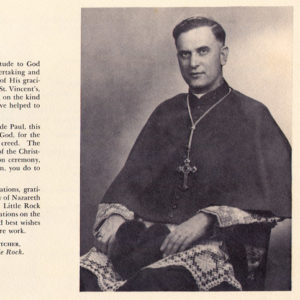 St. Vincent Infirmary Dedication
St. Vincent Infirmary Dedication
State Association of Missionary Baptist Churches of Arkansas
aka: Arkansas State Baptist Association
Stevenson, William
Stewart, Hezekiah D.
Stout, William C.
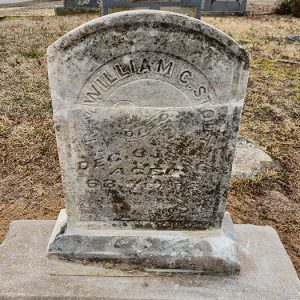 William Stout Grave - Restored
William Stout Grave - Restored
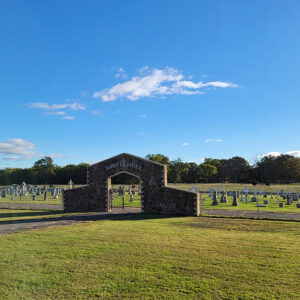 Sts. Peter & Paul Catholic Cemetery
Sts. Peter & Paul Catholic Cemetery
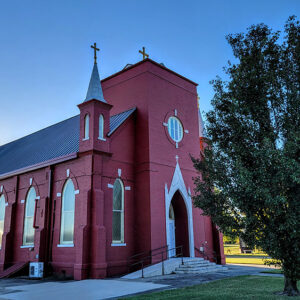 Sts. Peter & Paul Catholic Church
Sts. Peter & Paul Catholic Church
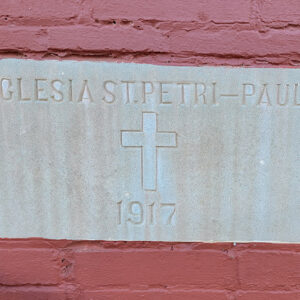 Sts. Peter & Paul Church Datestone
Sts. Peter & Paul Church Datestone
Subiaco Abbey and Academy
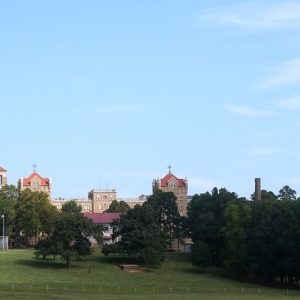 Subiaco Abbey
Subiaco Abbey
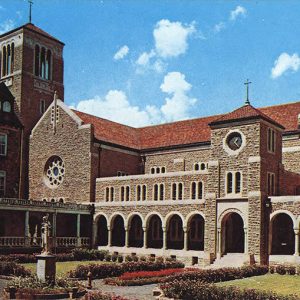 Subiaco Abbey Courtyard
Subiaco Abbey Courtyard
 Subiaco Library
Subiaco Library
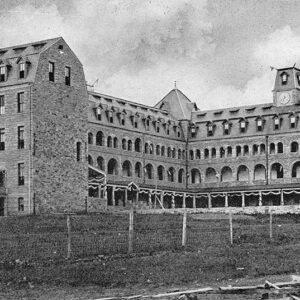 Subiaco Monastery
Subiaco Monastery
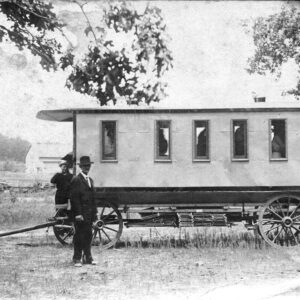 Subiaco Wagon
Subiaco Wagon
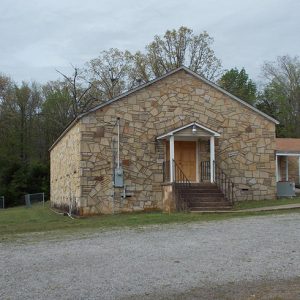 Swaim Chapel
Swaim Chapel




